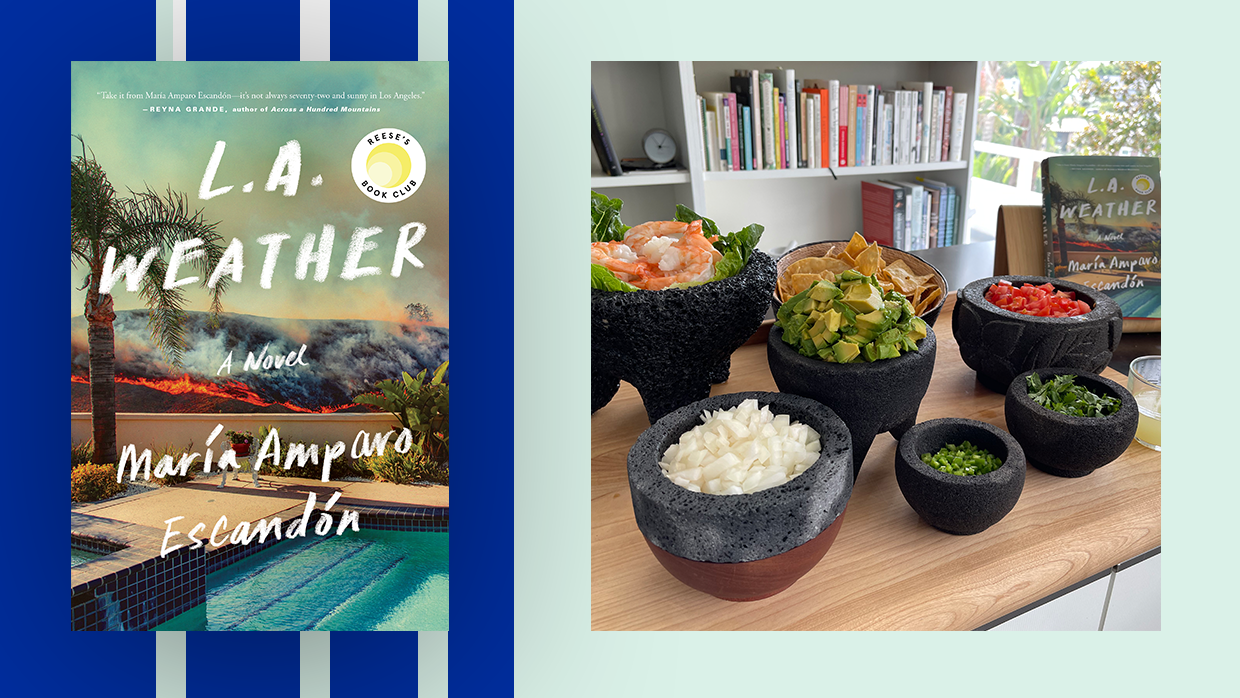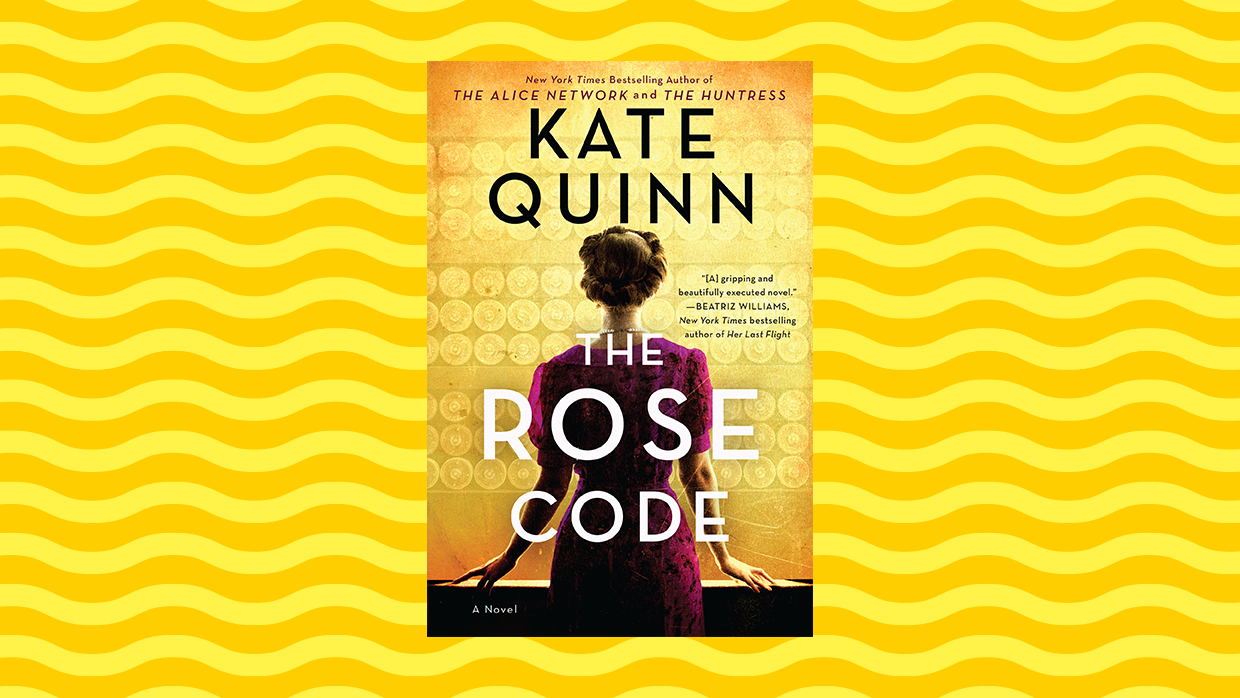The dedication of Did You Hear About Kitty Karr? sets the tone of the narrative before it even starts. At its core, this novel is about loss and is my attempt to fill in the leaves of a family tree. I dedicated the book to my paternal great-grandmother Nellie, her daughter, my grandmother Magdalene, and my maternal grandmother, Mamie, as a sign of respect for the sacrifices they made so that I could, one day, muster the audacity to think I could write fiction for a living. Many people don’t get the chance to know their grandparents, let alone their great-grandparents, and I was lucky to land on this Earth before they departed. As you read, you’ll meet many characters, some of whom are sprinkled with the essence of Nellie, Magdalene, and Mamie.
My great-grandmother Nellie was raised on a North Carolina farm. She was fortunate, at that time, to have had an eighth-grade education. She was a skilled cook and even though we have her biscuit recipe, somehow, they never turn out like hers. She baked birthday cakes for loved ones, and always made her family breakfast first before going to work as a maid. She became a mother in her teens and raised her grandchildren after encouraging her daughter to pursue her education. She died before I turned six, but I have the clearest memories of her skinning the rabbits my great-grandfather hunted, packing snuff tobacco into her lip and cracking walnuts. When her breast cancer advanced, I became her shadow. Everyone thought it was strange, my being unafraid of her sickness, but she told me stories and we played Chinese Checkers for hours. The doll she made for me in her last year sits in my office staring at me when I write.
My grandmother Magdalene was a single mother of four by the time she was in her mid-twenties. Still, she graduated college and worked as a teacher for forty-seven years. I never saw her wear pants and her dresses were always full-length and covered her arms. She was a taskmaster who believed in God, good manners, and proper use of the King’s English. She sung gospel around the house and my summers with her meant workbooks and church. Thanks to her, I was always a step ahead in school.
My grandmother Mamie lived to be one hundred years old and outlived my grandfather, with whom she shared thirteen children, by decades. She relinquished whatever dreams she may have had for motherhood and never played favorites or acted out whatever resentments she may have harbored. She never had a formal job of her own but helped my grandfather run his used furniture store in Los Angeles. She played the piano by ear, was mostly soft-spoken and loved watching her “stories”. I often ruminate about who she would have been had her life taken a different turn.
Their deaths changed the dynamics on both sides of my family, and in my deepest moments of reflection I write about how much they gave and become sad, because ultimately, they all deserved more. Being female, being Black and growing up in America when segregation was the law, they made the best of the circumstances they were given. I’d like to think that the remnants of their resilience helped me to become the writer I am today.



